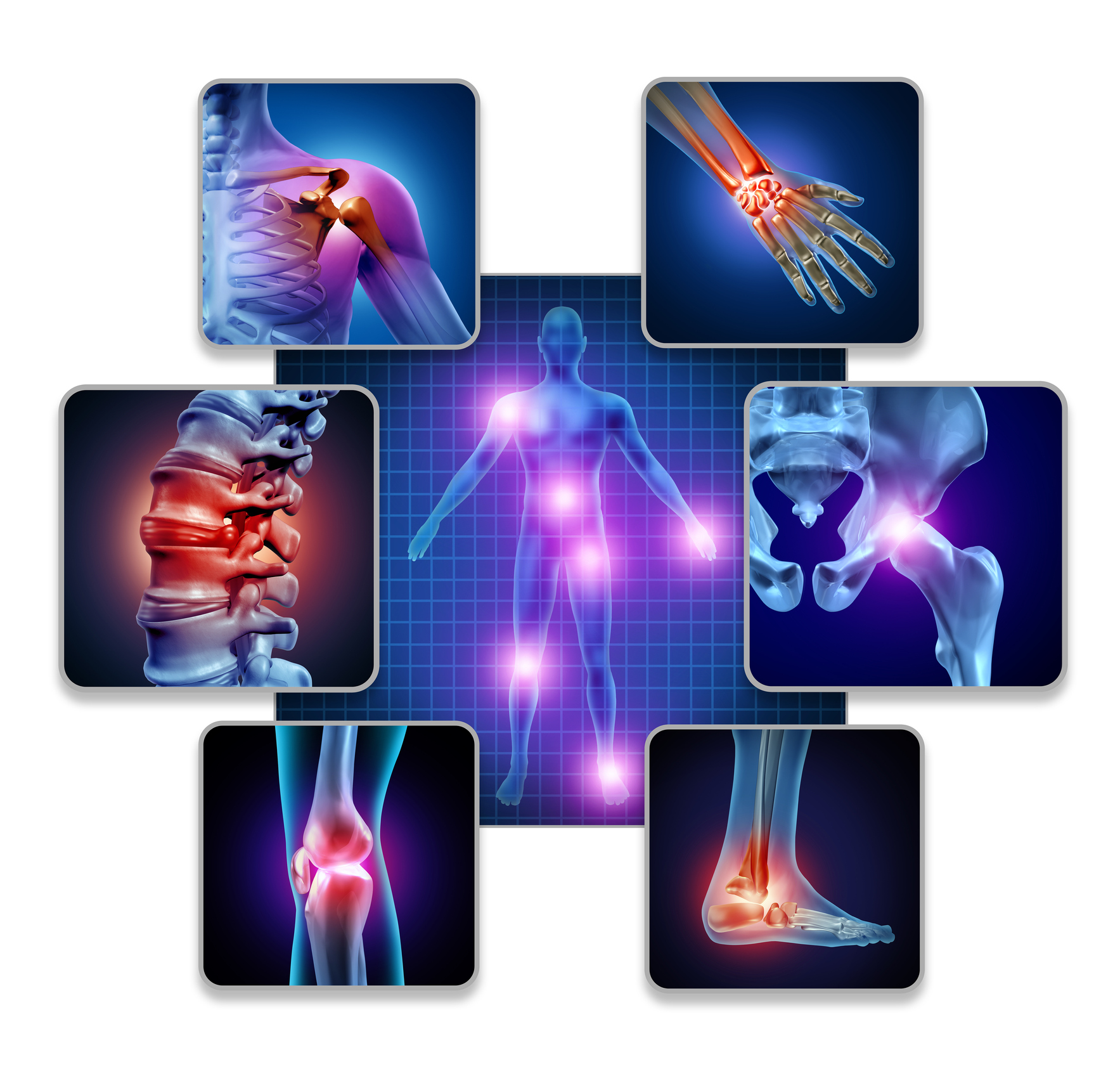Most psychiatric disorders show a sex bias in incidence, symptomatology and/or response to treatment. Males are more susceptible to neurodevelopmental disorders including autism spectrum disorder and attention-deficit activity disorder, while women are more prone to major depressive disorder and anxiety disorders after puberty. A striking difference between males and females in humans and other mammals is that males undergo a process of brain masculinization due to the early exposure to gonadal hormones. In rodents, this developmental organization of the brain is essential for adult males to express the appropriate sexual behaviors in the presence of a receptive female. Our goal was to determine whether this process of brain masculinization influences behaviors relevant to psychiatric disorders. To this aim, we studied sex differences and the effect of neonatal 17β-estradiol benzoate treatment of female mice on different disease-relevant behaviors. Our analysis includes postnatal behavior, juvenile play, and adult tests for sociability, repetitive behaviors, anxiety and depression. Our results show that the sex differences observed in exploration, repetitive behaviors, and depression-related behaviors are largely reduced when females are neonatally treated with 17β-estradiol benzoate. These results suggest a role of neonatal sex steroids in the development of disease-relevant behaviors and provide evidence supporting a role for perinatal exposure to estrogens and androgens on the development and manifestation of psychiatric disorders.
Early Estradiol Exposure Masculinizes Disease-Relevant Behaviors in Female Mice.


